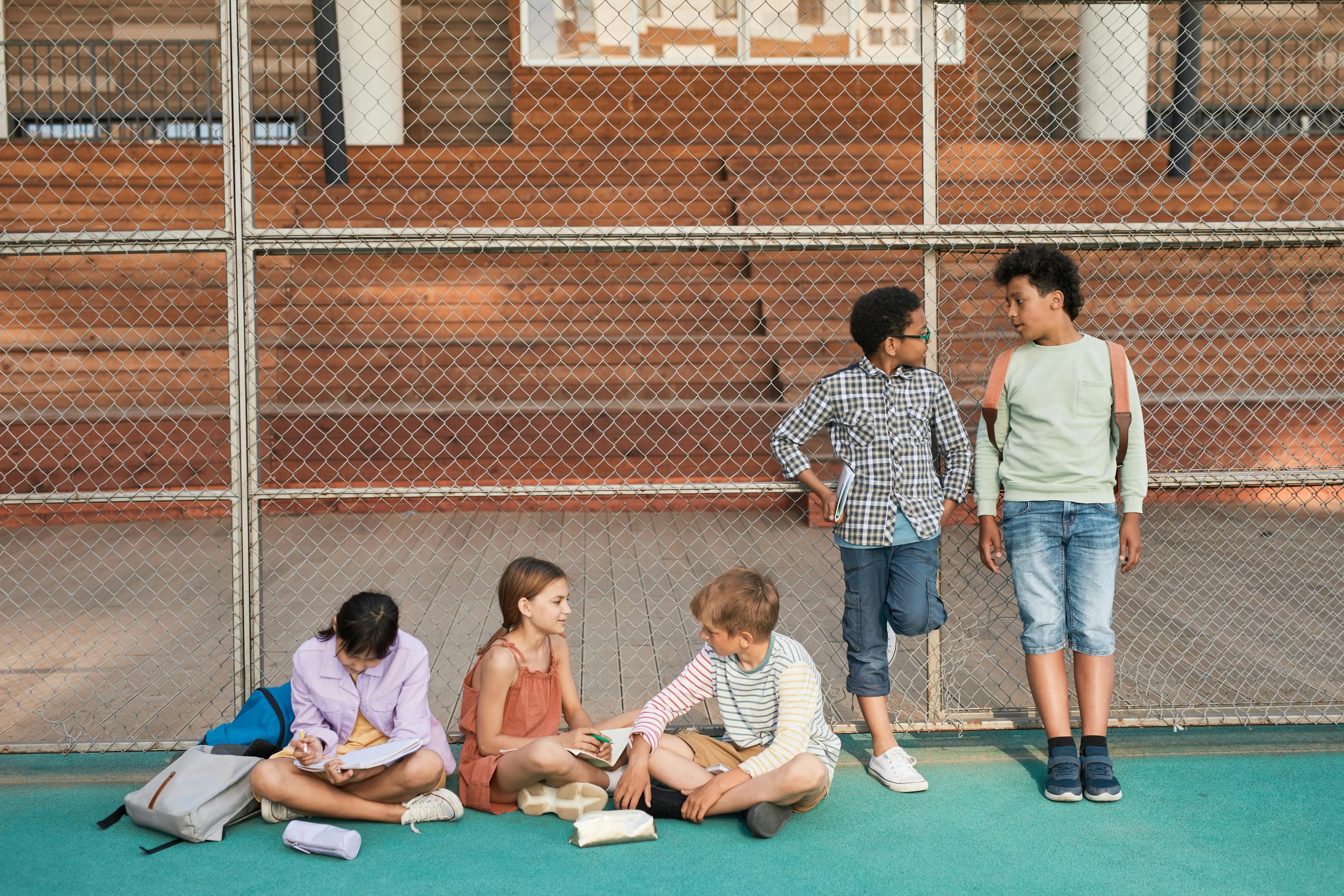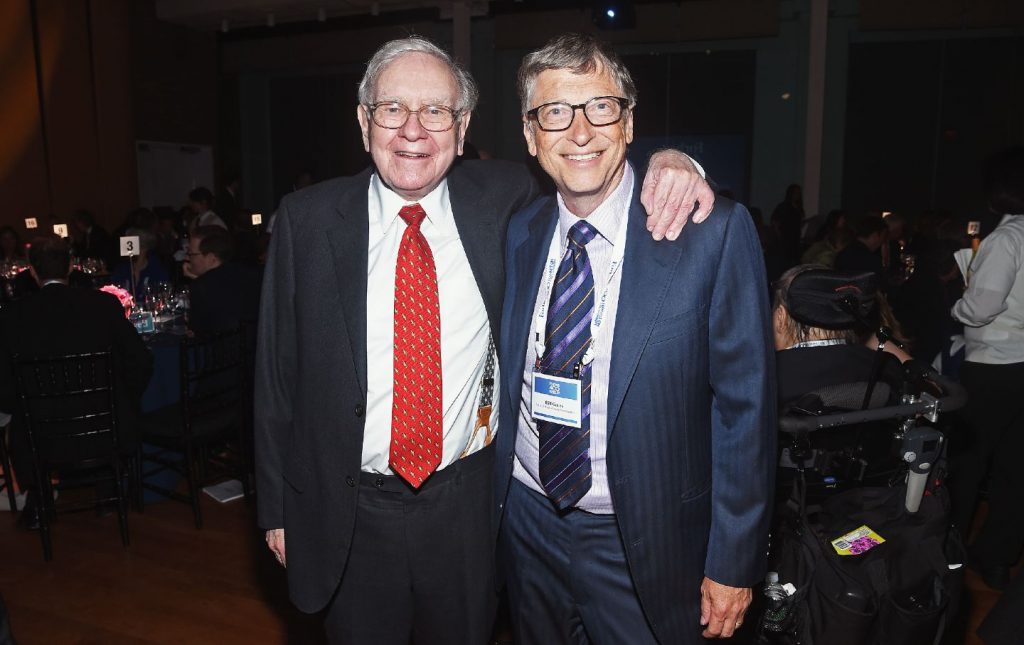Introduction:

Ever thought about why your child suddenly started using slang? Or why they’re suddenly interested in a hobby you’ve never heard of?
Chances are, it’s because of their friends. As dads, we can underestimate the power of our children’s social circles but here’s a thought that might keep you up at night: your child’s friends could be shaping their future more than you realise.
Disclaimer:
Welcome to the first installment of our series on guiding our kids’ friendships. Before we dive in, let me throw out a quick disclaimer: I’m not a child psychologist or a parenting expert. I’m just a dad who’s been in the trenches, made some mistakes, and learned a few things along the way. What I’m sharing here comes from personal experience, conversations with other parents, and a whole lot of late-night research.
As fathers, we often focus on teaching our kids practical skills like riding a bike or throwing a ball. But have you ever stopped to consider the massive impact we can have on who our children choose as friends? It’s a game-changer, chaps.
Famous Fruitful Friendships

Let’s take a moment to consider some well-known success stories where friendships and relationships played a crucial role:
- Richard Branson, the Virgin Group founder and father of three, credits his success partly to his friendship with Freddie Laker, another airline entrepreneur who mentored him.
- Bill Gates, co-founder of Microsoft and father of three, formed a pivotal friendship with Warren Buffett. This relationship not only influenced his business decisions but also his approach to philanthropy.
- J.R.R. Tolkien, author of “The Lord of the Rings” and father of four, found inspiration and support in his friendship with fellow author C.S. Lewis. Their literary discussions shaped both of their works.
- Elon Musk, the entrepreneur behind Tesla and SpaceX and father of seven, has spoken about the importance of his friendship with Google co-founder Larry Page in driving his innovative thinking.
- Jamie Oliver, the celebrity chef and father of five, often mentions how his childhood friend and now business partner, Jimmy Doherty, has been instrumental in his success and various food campaigns.
These examples show how the right friendships can shape not just personal lives, but careers, innovations, and even global impact.
To further illustrate the importance of childhood friendships, let’s look at some revealing statistics:
| Statistic | Finding | Source |
| Friendship Quality | Children with high-quality friendships are more likely to be well-adjusted as adults | Journal of Child Psychology and Psychiatry, 2015 |
| Academic Performance | Students with close friends at school have higher academic achievement | American Journal of Public Health, 2018 |
| Mental Health | Teens with strong friendships have lower rates of depression and anxiety | Journal of Clinical Child & Adolescent Psychology, 2017 |
| Social Skills | Children who form positive friendships by age 6 have better social skills as adults | Child Development, 2016 |
| Bullying Prevention | Having at least one good friend significantly reduces a child’s risk of being bullied | Pediatrics, 2019 |
These statistics underscore the long-term impact that childhood friendships can have on various aspects of our children’s lives, from academic success to mental health and social skills.
As dads, we have the opportunity to foster these kinds of influential relationships for our children.
Here’s what you can expect in the upcoming posts:
- How our own friendships set an example for our kids
- Creating opportunities for positive peer connections
- Navigating friendship challenges and when to intervene
But let’s not wait to get started.
Call to action for today:
Take a moment to reflect on your child’s current friendships. Are there any that concern you? Any that you’re particularly excited about? Jot down your thoughts – we’ll revisit this in later posts.
Also, I want to hear from you! Share your experiences in the comments. Have you ever steered your child towards or away from certain friendships? How did it go?
Remember, we’re in this together. By being proactive about our children’s social circles, we’re not just raising kids – we’re raising future leaders, innovators, and good human beings.
Stay tuned for the next post, where we’ll dive into how our own friendships can shape our kids’ social skills. Until then, keep being awesome, dads!
Conclusion
The friends our children make can have a profound impact on their lives, potentially shaping their future in ways we might not even imagine. As fathers, we have a unique opportunity to guide this process, not by controlling our children’s social lives, but by influencing them positively and creating an environment where healthy friendships can flourish. It’s a big responsibility, but it’s also an exciting chance to help our children build the social foundations for a happy, successful life.
So let’s embrace this challenge together, sharing our experiences and learning from each other along the way. After all, that’s what good friends – and good dads – do.

0 Comments